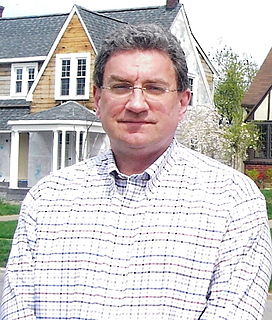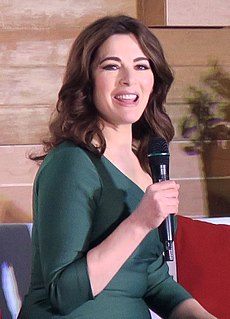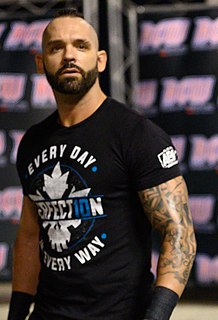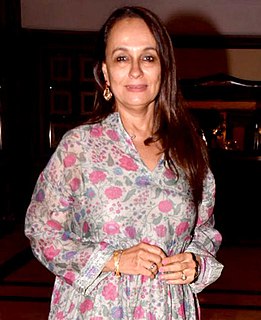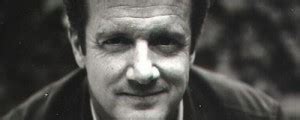A Quote by Karin Slaughter
As a writer, I've always felt it's my job to be extremely careful when writing about victims, especially women.
Related Quotes
Women have always been the primary victims of war. Women lose their husbands, their fathers, their sons in combat. Women often have to flee from the only homes they have ever known. Women are often the refugees from conflict and sometimes, more frequently in today's warfare, victims. Women are often left with the responsibility, alone, of raising the children.
At the beginning of my career as a writer, I felt I knew nothing of Chinese culture. I was writing about emotional confusion with my mother related to our different beliefs. Hers was based in family history, which I didn't know anything about. I always felt hesitant in talking about Chinese culture and American culture.
The feminist movement is not about success for women. It is about treating women as victims and about telling women that you can't succeed because society is unfair to you, and I think that's a very unfortunate idea to put in the minds of young women because I believe women can do whatever they want.
There are so many ways of posturing that people associate with being a writer. They imagine you wearing a beret and drinking only red wine and being full of yourself, and so, for a long time, the way I felt about writing was too private. I felt it too important and didn't want to be teased about it. So I lied about it.
If a writer of prose knows enough about what he is writing about he may omit things that he knows and the reader, if the writer is writing truly enough, will have a feeling of those things as strongly as though the writer had stated them. The dignity of movement of an iceberg is due to only one-eighth of it being above water. A writer who omits things because he does not know them only makes hollow places in his writing.






